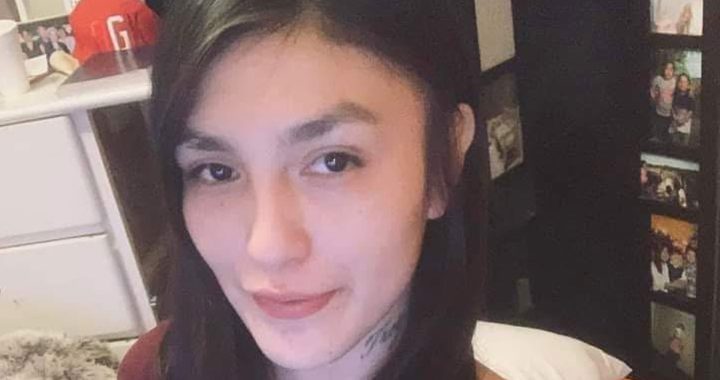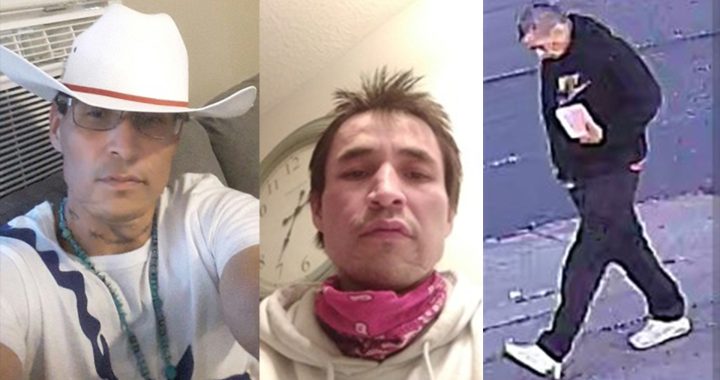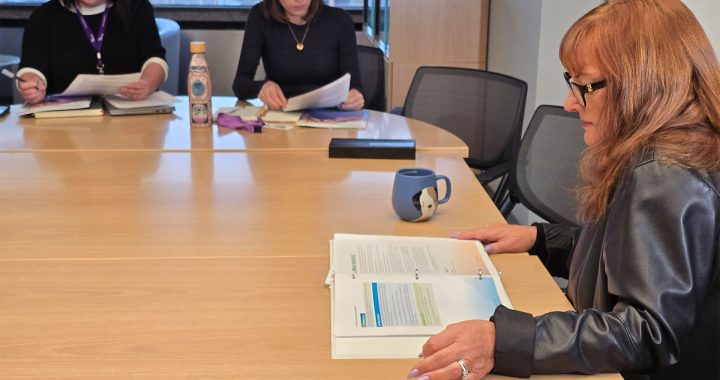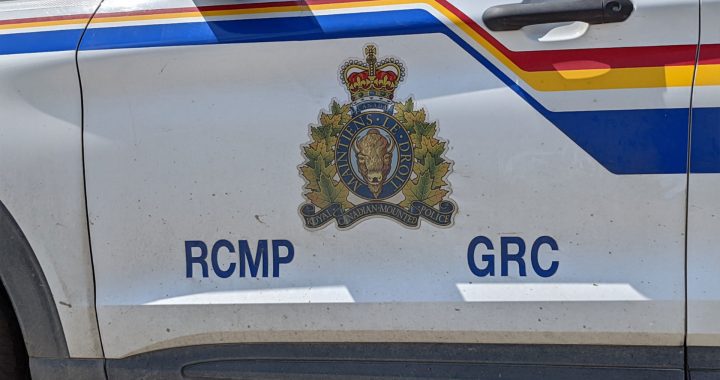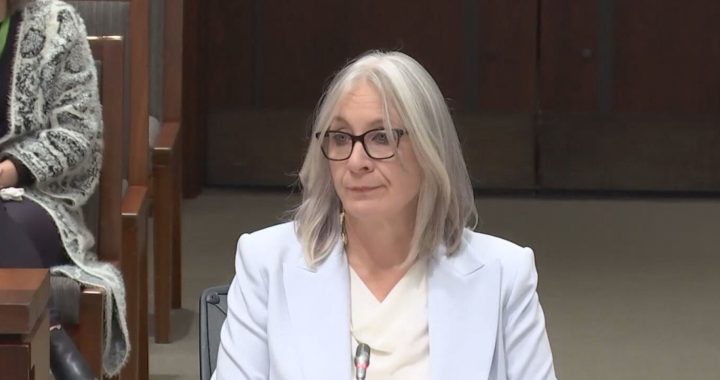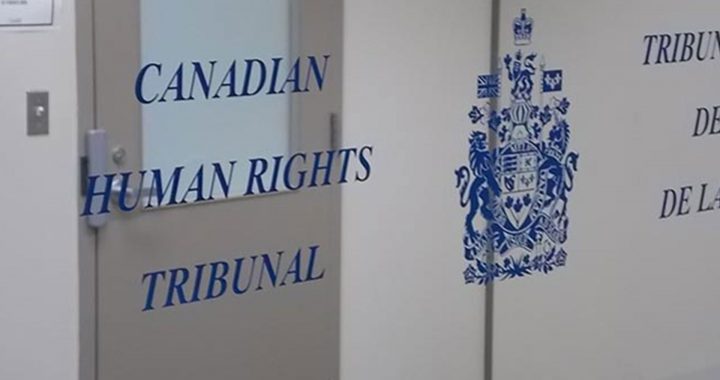Prime Minister Justin Trudeau has put together a committee to help guide his government through the covid-19 outbreak but a name you won’t see around the table is Indigenous Services Minister Marc Miller.
Winnipeg Centre NDP MP Leah Gazan questioned Miller on the omission Monday during question period.
“Will the prime minister admit he was wrong and reverse his decision to exclude the minister of Indigenous services from the covid-19 committee?” Gazan asked.
Miller’s response in the House of Commons may lead some to believe that Gazan was off base.
“As the minister of Indigenous services I can confirm that I am on the committee,” Miller replied.
APTN News contacted Miller’s office to ask about full membership on the committee.
“He is an alternate,” a spokesperson replied.
When asked to explain the role of an alternate, APTN did not receive a response.
Later, Miller clarified his role as an alternate committee member.
“I am participating in all the calls and even more importantly, I’m ensuring that my officials are engaged at every level in the communities to make sure that people that are as you know most vulnerable are getting both the information and indications that the general population in Canada is getting as well,” he explained.
Watch the exchange between Leah Gazan and Marc Miller in the House of Commons Monday.
Churchill—Keewatinook Aski MP Niki Ashton said Monday that Miller’s role in any plan to address the outbreak is crucial, especially in light of dealing with this crisis is important given what happened the last time the country faced a deadly virus.
She remembers the H1N1 scare when the Conservative government under Stephen Harper delivered body bags to communities in her northern Manitoba riding.
“There was a lot more that went wrong than just the body bags,” Ashton said. “The body bags was the most disgusting example of the way in which First Nations were treated. But it was a disaster from beginning to end.”
Ashton said the issues from a decade ago have not been addressed.
“So when we hear the federal government telling people to wash their hands, how do you do that when there’s no running water, when you hear the government to tell you need to self isolate how do you do that when you live in a house of 10 to 20 people.”
COVID-19 committee members include Navdeep Bains, minister of Innovation, science and industry, Public Safety Minister Bill Blair, Health Minister Patty Hajdu, Finance Minister Bill Morneau, Treasury Board President Carla Qualtrough and Mélanie Joly, minister of economic development and official languages. Joly is also responsible to “grow and increase the visibility of Canada’s tourism sector.”
“The actual main committee members include the minister of tourism,” said Ashton. “So what we’re hearing from the government is that tourism is more important in this strategy than Indigenous communities.
“That’s unacceptable.”
Miller insists his department has learned from the H1N1 pandemic and its focused on how the COVID-19 strain may impact vulnerable communities.
“If you look at the record of our government in 2019 our budget adopted an emergency management plan, health plan, about $79 million to start addressing these issues way before coronavirus was an issue at all,” he said.
Canada reported what’s believed to be its first COVID-19 death on Monday after a man died at a seniors care home in North Vancouver, health officials said.
Provincial health officer Dr. Bonnie Henry and Health Minister Adrian Dix announced news of the death, which occurred at Lynn Valley Care Centre. It was previously announced on the weekend that two elderly residents of the facility had been diagnosed with the virus.
In Ontario, three new cases announced Monday brought the total in the province to 34.
One patient, a man in his 50s, recently travelled to Germany and the other two cases are a man in his 80s and a woman in her 70s who were recently in Iran, health officials said.
British Columbia’s numbers rose to 32 from 27, while Alberta said it was facing three new presumptive cases, bringing the total in the province to seven.
One Alberta case has been confirmed while the others remain presumptive awaiting confirmation by the National Microbiology Lab in Winnipeg, according to Deena Hinshaw, the province’s chief medical officer.
There are now more than 110,000 cases worldwide, with the largest group still in China. But massive outbreaks have developed outside the virus’s epicentre, including in South Korea, Iran and Italy.
In Canada there are more than 70 confirmed and presumptive cases, including 34 in Ontario, 32 in British Columbia, seven in Alberta and four in Quebec.
With files from Todd Lamirande and The Canadian Press.
Correction: The original article posted March 9 said that Mélanie Joly was the minister of tourism. Joly’s official title is minister of economic development and official languages. She is also responsible to “grow and increase the visibility of Canada’s tourism sector.”




